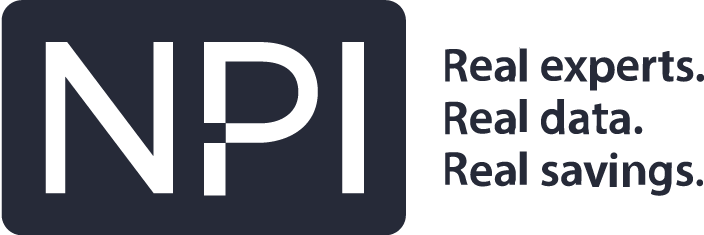BLOG
How to Create a Vendor Negotiation Strategy for a Software Renewal
It’s that time of year again, where IT and IT procurement teams find themselves eyeballs-deep in a flurry of software renewals. With fiscal year-ends approaching for dozens of enterprise IT vendors, it’s easy to get overwhelmed. Heck, considering all of the nuances of each software renewal, it’s difficult not to.
The problem – aside from the stress of it all – is that this is when the seeds of IT overspending are sown. There are few things more profitable for a software vendor than a hasty renewal or one executed on autopilot. Our advice to IT buyers this year is to slow down and commit to developing a solid negotiation strategy for each renewal on the docket. If that sounds too ambitious, then start with renewals that comprise the largest spend and work down the list.
Fundamental Questions to Ask Before Developing a Vendor Negotiation Strategy
The acceleration of IT buying over the last couple of years has caused many companies to bypass IT purchasing fundamentals. That’s a mistake that typically moves negotiation leverage to the vendor even before the deal is on the table. To be sure you’re negotiating the software renewal you need (versus the deal your vendor wants you to have), ask the following questions:
- What do we change about what we bought?
- Are we utilizing the licenses that we purchased?
- Do we have the “best-fit” licenses for our use cases?
- Did we get a good price?
- Do we have a have a future-state roadmap?
- How do we build in the ability to adapt for future needs?
All this may sound very 101’ish, and frankly like common-sense. But answering these questions paves the path to accurate demand definition – and that leads to a right-sized (and fairly-priced) software renewal.
Key Sources for Developing Your Software Renewal Negotiation Strategy
Admittedly, answering the questions outlined above is an easier-said-than-done endeavor. It takes digging, time and deep understanding of each vendors’ licensing metrics and terms, and ultimately may require outside resources that specialize in enterprise software renewal optimization. Regardless of how you choose to map out resources, it’s important to perform the following activities.
- License Optimization Assessment – What’s being used, unused or underutilized today? This establishes the starting point of renewal demand definition so that elements in your renewal can be right-sized.
- Contractual Assessment – Does your contract include best-in-class business terms? Where can you negotiate greater flexibility to ensure your agreement meets changing business and technical requirements?
- Fair Market Value (FMV) Analysis – How does the vendor’s pricing compare to similarly-scoped deals in the marketplace? It’s an important question and, unfortunately, most IT buyers only have visibility into their own historical pricing data – not what other companies of similar size/industry have paid for similar purchases.
- Demand Forecasting – How will demand for a vendor’s offerings change over the term of your agreement? This typically involves numerous conversations with key user groups and stakeholders to understand a potential change to the current estate either in license quantities, growth projections, user types, license types, and new expansion opportunities.
- Determine Most Desired Outcomes (MDOs) – Here’s an obvious fact: IT vendor negotiations are an exercise in compromise. Neither the customer nor the vendor gets everything they want (not usually, however). That’s why it’s important to prioritize desired outcomes. This will keep you – and your vendor – honest during negotiations and ensure you’re meeting your most important purchasing objectives.
Remember, your vendor has been plotting how they can extract more revenue from your software renewal since the ink dried on your last agreement. The questions and activities outlined above are designed to help you come to the negotiation table with the same amount of power and focus. You may be tempted to skimp on preparation because you’re short on time or bandwidth, but don’t – it can cost you millions. Expert resources like NPI can help you streamline these activities to ensure flawless execution of every software renewal.


